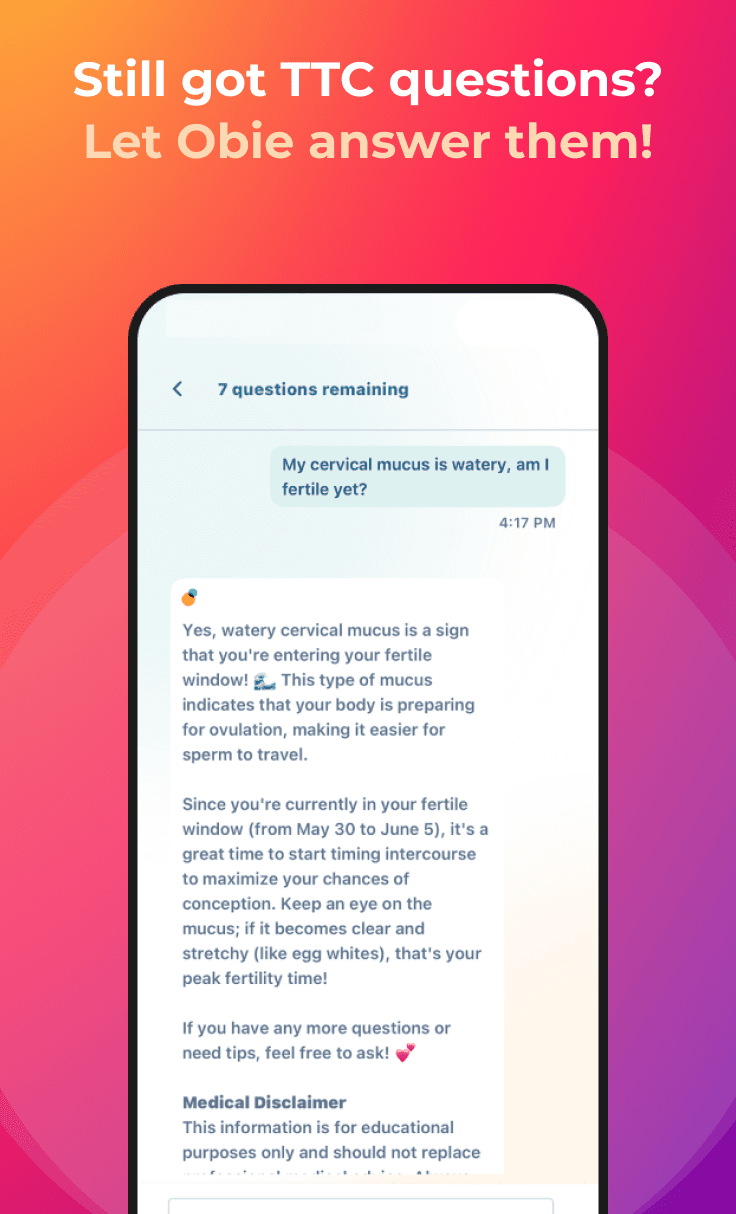Drug During Chemotherapy Spares Fertility
Fertility and Infertility News
Obie Editorial Team
Approximately 25% of all breast cancer patients in the United States are younger than 50. The chemotherapy used to treat breast cancer often causes these young women to experience symptoms of menopause. Sometimes the chemotherapy-induced menopause is temporary but it can be permanent, robbing these women of the opportunity to have children.
Researchers at the Breast Cancer Clinical Research Program at Loyola University, Chicago, Cardinal Bernardin Cancer Center, have just published the promising results of a study on young breast cancer patients taking a drug called goserelin. When used in conjunction with chemotherapy, goserelin seemed to put the women’s ovaries “at rest” during therapy. It increased their survival rate and allowed many of them to bear healthy children after they were cancer free. Kathy Albain, senior author of the study, is a medical oncologist and director of the Loyola breast cancer research program.
Goserelin is marketed under the trade name Zoladex and is currently approved for treatment of certain breast cancers, some benign gynecological disorders, and prostate cancer.
Albain enlisted 257 premenopausal breast cancer patients under the age of 50. All had early-stage estrogen and progesterone-receptor negative breast cancer. The study participants were randomly assigned to traditional chemotherapy or chemotherapy plus goserelin.
Two years after treatment:
- 22% of the chemo-only patients had stopped menstruating or had high levels of FSH, a hormone that signals reduced estrogen production and reduced egg supply (menopause).
- 8% of the chemo-plus-goserelin group had stopped menstruating or had high FSH levels.
- 11% of the chemo-only group had been or were pregnant.
- 21% of the goserelin group had been or were pregnant.
Four years after treatment:
- 82% of the chemo-only group were still alive.
- 92% of the goserelin group were still alive.
- 78% of the chemo-only group exhibited no signs or symptoms of cancer.
- 89% of the goserelin group exhibited no signs or symptoms.
Albain and her research team suggest “Premenopausal women beginning chemotherapy for early breast cancer should consider this new option to prevent premature ovarian failure.” The findings of their study have changed the way they themselves manage breast cancer in premenopausal patients.
Goserelin is administered by injection; the women in the study got one injection every four weeks throughout the course of their chemotherapy. Most study participants reported no side effects; those that did described symptoms that commonly occur when ovarian activity slows down during chemotherapy.
Chemo-induced menopause, as described by Marisa Weiss, a breast radiation oncologist who founded the online support website, Breastcancer.org, describes chemo-induced menopause as: “Menopause on top of a breast cancer diagnosis can be more than a major disruption. It can wreck your sex life, dash hopes of having a baby, trigger mood swings, produce debilitating hot flashes, cause weight gain, drain your energy, worsen aches and pains, bring on jealousy or anger or resentment, and leave you feeling bad about yourself. You may find it’s these menopausal changes, not the breast cancer or immediate effects of treatment, that interfere most with your quality of life.”
Sources:
- "Novel approach helps prevent early menopause in breast cancer patients, study finds." Loyola Medicine. Loyola University Health System, 4 Mar. 2015. Web. 14 Mar. 2015.
- "How Menopause Can Happen With Breast Cancer Treatments." Breastcancer.org. Breastcancer.org, 2 Mar. 2015. Web. 14 Mar. 2015.








